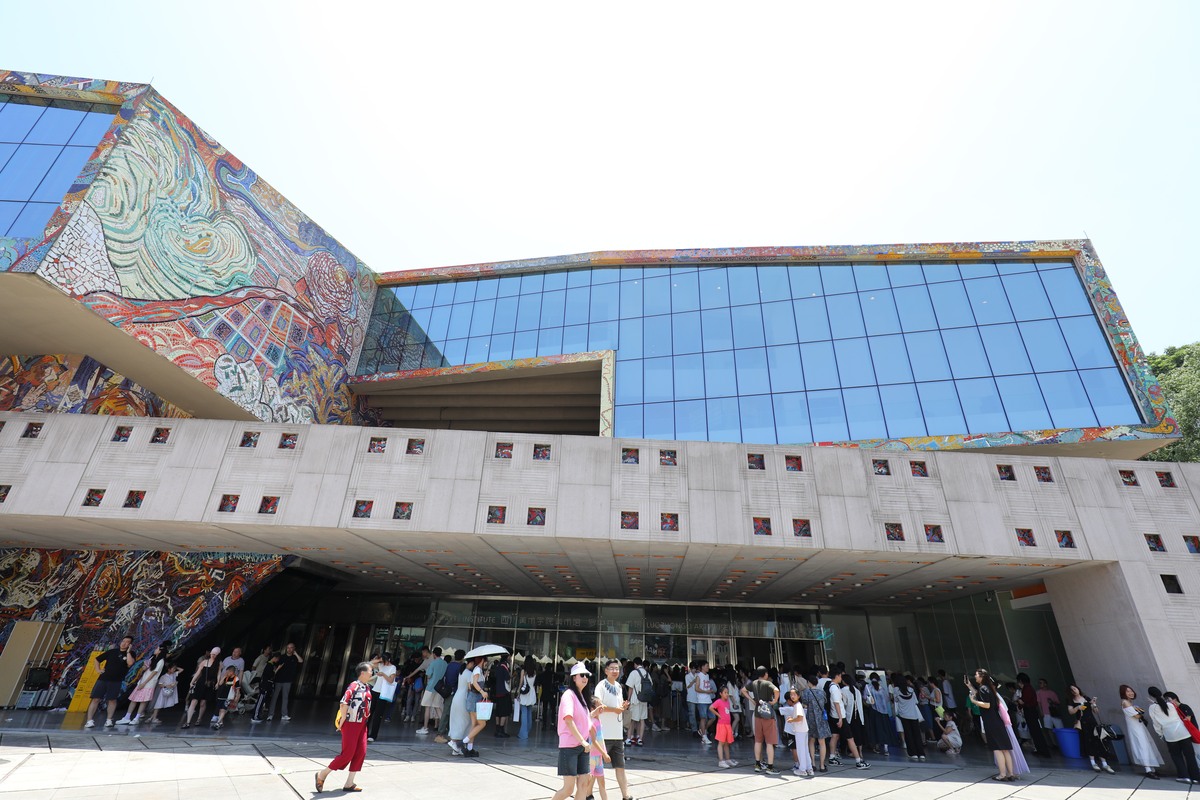Translating '戲曲中心': Foreignisation vs. Domestication of 'Chinese Opera Centre' and 'Xiqu Centre'
The translation of the name '戲曲中心' into English can be approached through two different strategies: foreignisation and domestication. \n\nForeignisation aims to maintain the foreignness of the name by directly translating it, while domestication aims to make the name more accessible to the target culture by adapting it to fit their language and cultural context. \n\nTranslating the name as 'Chinese Opera Centre' is an example of domestication. The pros of this translation include:\n\n1. Clarity and accessibility: The term 'Chinese Opera Centre' immediately conveys the nature and purpose of the institution to English-speaking audiences. It is a straightforward and easily understandable translation.\n\n2. Cultural familiarity: The term 'Chinese Opera' is widely recognized and understood in the English-speaking world. By using this translation, the name becomes more relatable and familiar to the target audience.\n\nHowever, there are also cons to this domestication approach:\n\n1. Loss of original meaning: By translating the name as 'Chinese Opera Centre', some of the nuances and cultural connotations of the original name may be lost. The term '戲曲' encompasses various forms of traditional Chinese theater beyond just opera, which might not be fully captured by the translated name.\n\n2. Stereotyping: The term 'Chinese Opera' might evoke certain preconceived notions or stereotypes in the minds of English-speaking audiences. These stereotypes may not accurately represent the diverse and rich traditions within Chinese theater.\n\nOn the other hand, translating the name as 'Xiqu Centre' is an example of foreignisation. The pros of this approach include:\n\n1. Preserving cultural identity: By maintaining the original name '戲曲中心', the translation emphasizes the authenticity and uniqueness of the institution. It respects and reflects the Chinese cultural heritage and identity.\n\n2. Encouraging cultural exploration: The term 'Xiqu' might pique the curiosity of English-speaking audiences, prompting them to learn more about the specific art form referred to in the name. This can lead to a deeper understanding and appreciation of Chinese theater.\n\nHowever, there are cons to this foreignisation approach as well:\n\n1. Lack of clarity: English-speaking audiences who are not familiar with the term 'Xiqu' might find it confusing and difficult to understand. This could potentially create a barrier to communication and hinder the institution's outreach efforts.\n\n2. Limited recognition: The term 'Xiqu' is not as widely recognized or understood as 'Chinese Opera' in the English-speaking world. This could result in a loss of potential audience who may not immediately associate 'Xiqu Centre' with traditional Chinese theater.\n\nIn conclusion, the translation of '戲曲中心' as 'Chinese Opera Centre' through domestication emphasizes clarity and accessibility, while potentially sacrificing some of the original meaning and cultural nuance. On the other hand, translating it as 'Xiqu Centre' through foreignisation preserves cultural identity but may lack clarity and recognition among English-speaking audiences. Ultimately, the choice between these two translations would depend on the specific goals and priorities of the institution and its target audience.

原文地址: https://www.cveoy.top/t/topic/qcE2 著作权归作者所有。请勿转载和采集!